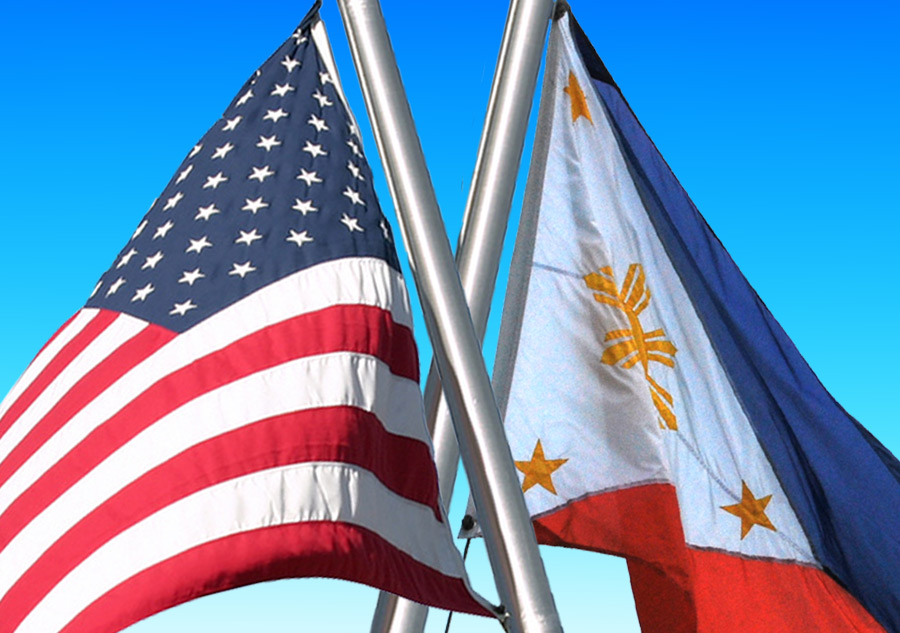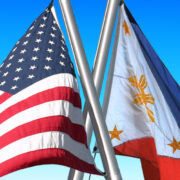
THE Philippines and the United States will meet this month to iron out differences over the Visiting Forces Agreement (VFA) amid renewed regional concerns over China’s assertive maritime agenda, Philippine Foreign Affairs Secretary Teodoro Locsin Jr. said.
“I am narrowing down the issues and soon we will meet…and iron out whatever differences we have,” the secretary told ANC news channel on Monday, February 8.
Locsin added that a meeting is likely to happen in the last week of February.
However, he declined to elaborate on the terms of a potential agreement.
The VFA, which came into force in 1999, covers the conduct of U.S. soldiers in the Philippines.
Among the provisions of the deal include lax visa and passport policies for U.S. troops, and the rights of the U.S. government to retain its jurisdiction over its military personnel when they commit crimes in the Philippines.
In February 2020, the Philippines sent the U.S. a notice terminating the VFA reportedly after the U.S. cancelled Senator Ronald “Bato” Dela Rosa’s visa.
The termination was later suspended in June “in light of political and other developments in the region,” and the suspension was extended in November for another six months to enable the Philippines and the U.S. to find a more enhanced, mutually beneficial, mutually agreeable, and more effective and lasting arrangement on how to move forward in their mutual defense.
Last month, U.S. Secretary of State Antony Blinken underscored the importance of the Mutual Defense Treaty (MDT) “for the security of both nations” amid a new Chinese law allowing its coast guard to fire on foreign vessels entering disputed territories.
Blinken also rejected China’s maritime claims in the South China Sea “to the extent they exceed the maritime zones that China is permitted to claim under international law” as reflected in the 1982 United Nations Law of the Sea Convention.
Locsin, for his part, issued a diplomatic protest against China’s Coast Guard Law, which permits its coast guard to use “all necessary means, including the use of weapons” to stop or prevent threats from foreign vessels.
He also said that he would continue to press for a maritime code of conduct that “will never exclude” the U.S., to ensure the regional balance of power.





